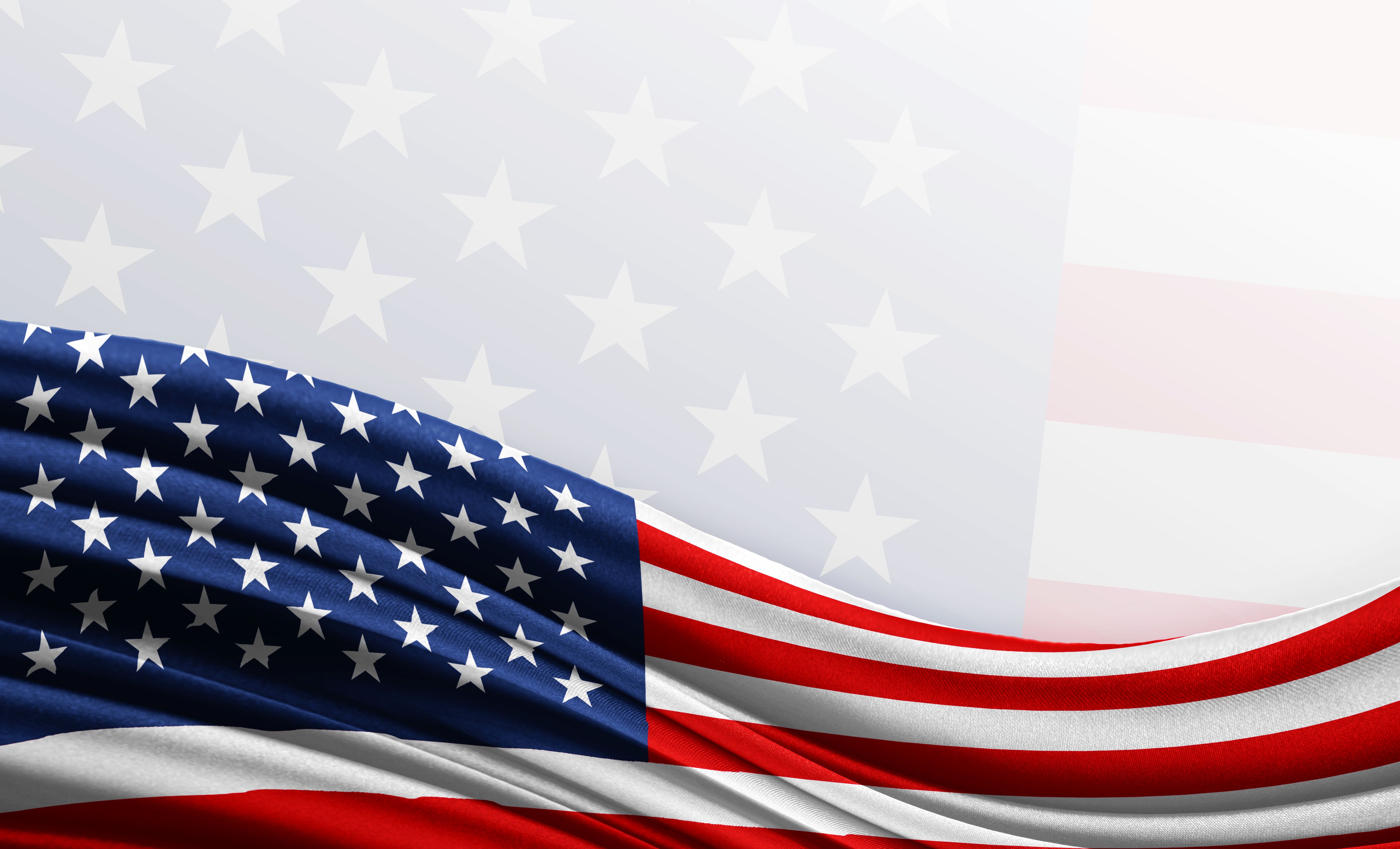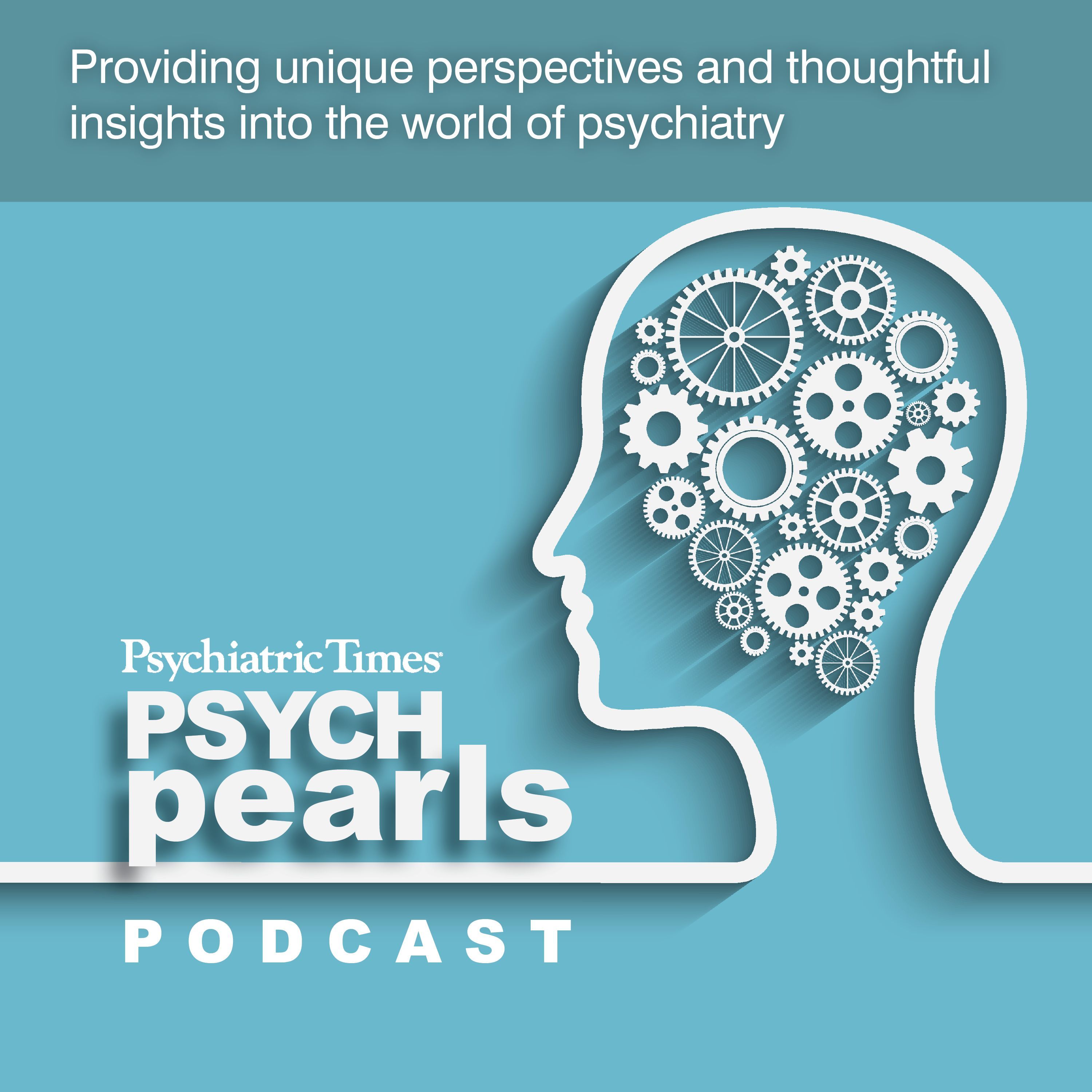Blog
Article
Taps for Peace and Mental Health on Memorial Day
Author(s):
Celebrating our fallen soldiers and protecting the mental health of the military.
mato181/AdobeStock

PSYCHIATRIC VIEWS ON THE DAILY NEWS
This is a Memorial Day weekend, as Monday is a federal holiday in the United States to honor and mourn the military personnel who died while serving in our Armed Forces.
My self-disclosure. I served in the Army in Ft. McClellan, Alabama in 1975-1977, starting right when the Vietnam War was ending. Earlier in medical school, I had to make an anguishing ethical and practical decision about whether to do nothing and perhaps be drafted to serve as a physician in Vietnam after medical school, try to obtain a Conscientious Objector, or apply for the Berry Plan in order to finish my psychiatry training and then serve. After much back and forth, I chose the latter and was accepted.
This was my first position as a psychiatrist after training. It was invaluable for learning how to be a psychiatrist in actual practice, on my own with just a colleague who has also just finished training. Yet, being so inexperienced, we inevitably made more mistakes than we would later in our careers. That lack of a more seasoned mentor makes me wonder if mental health was not a high priority.
We also learned how the army ran and having to deal with the dual loyalty to the army and patients, like a request to evaluate a patient for homosexuality and discharge. Usually, I tried to somehow find ways to serve and satisfy both, sometimes successfully, but also an area where some mentoring would have helped.
The first thing the highest-ranking officer told us was that they have to prepare us for the next war, for there will be one. And there have been. None of them “won,” but always soldiers lost.
It is hard to assume what the soldiers who have died in all the wars would think of their service: necessary, honorable, successful, wasted, even immoral, or what? It could have felt like their life’s purpose, as many commented about having helped save the world by serving in World War II.
Would the fallen soldiers have always chosen peace and mental health over war? Probably not, but it seems to me as a physician, that saving lives must put our priority on peace, and reducing conflict seems like a potential reflection of our best psychiatric values and skills. Moreover, our expertise about psychological defense mechanisms and even Freud’s theory of a collective death wish can add something invaluable to our public political debates about our country’s involvement with wars as advisors and suppliers in the wars in Ukraine and Gaza.
Alongside the honoring and mourning of the fallen military, I would add helping the mental health of the living military. As discussed in the Mission Roll Call article posted on October 24, 2023, “The State of Veterans’ Mental Health (2023)", data suggests that almost half of veterans are in need of mental health care each year.1 Suicide prevention is still a high priority. Especially high compared with the public is posttraumatic stress disorder and traumatic brain injury. Some of the trauma includes moral injury of being in what was felt to be an unnecessary or poorly conducted war, as in Afghanistan.
Too often outside of wartime, our military is forgotten. Like hearing a Shofar to wake us up on the Jewish New Year, if you hear and are moved by “Taps” played by a bugler on Memorial Day, and I would recommend even seeking that out, remember that it is a day to remember not only those who have passed away, but also those alive who deserve the best health care possible for putting their lives on the line.
Dr Moffic is an award-winning psychiatrist who specialized in the cultural and ethical aspects of psychiatry and is now in retirement and retirement as a private pro bono community psychiatrist. A prolific writer and speaker, he has done a weekday column titled “Psychiatric Views on the Daily News” and a weekly video, “Psychiatry & Society,” since the COVID-19 pandemic emerged. He was chosen to receive the 2024 Abraham Halpern Humanitarian Award from the American Association for Social Psychiatry. Previously, he received the Administrative Award in 2016 from the American Psychiatric Association, the one-time designation of being a Hero of Public Psychiatry from the Speaker of the Assembly of the APA in 2002, and the Exemplary Psychiatrist Award from the National Alliance for the Mentally Ill in 1991. He is an advocate and activist for mental health issues related to climate instability, physician burnout, and xenophobia. He is now editing the final book in a 4-volume series on religions and psychiatry for Springer: Islamophobia, anti-Semitism, Christianity, and now The Eastern Religions, and Spirituality. He serves on the Editorial Board of Psychiatric Times.
Reference
1. The State of Veterans’ Mental Health (2023). Mission Roll Call. October 24, 2023. Accessed May 24, 2024. https://www.missionrollcall.org/post/veterans-mental-health
Newsletter
Receive trusted psychiatric news, expert analysis, and clinical insights — subscribe today to support your practice and your patients.





